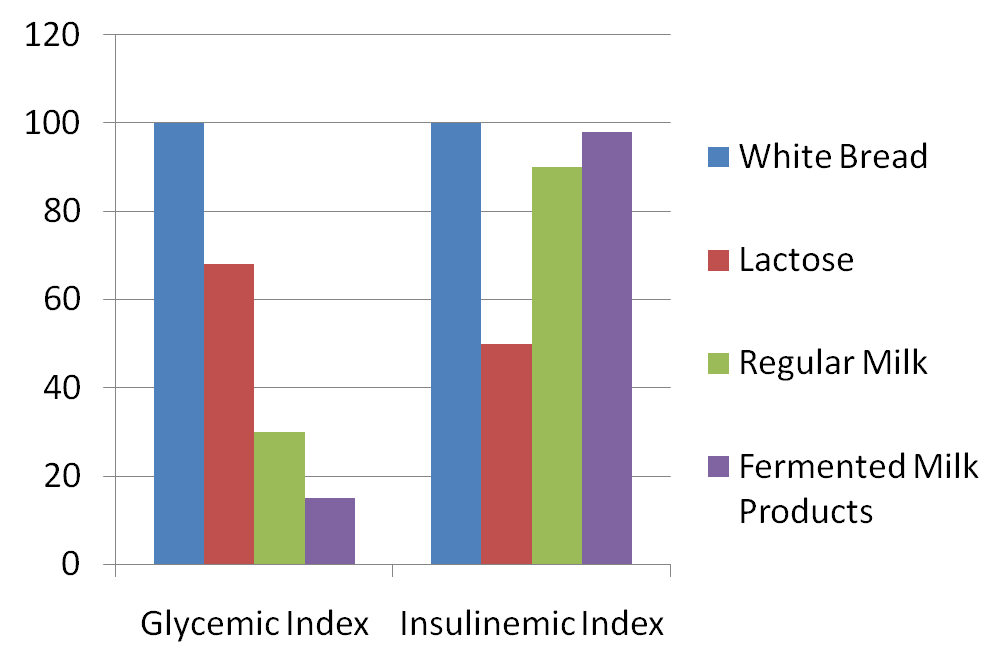Do you add any sugar or salt to the cream? And do you eat it all by itself?
Depends what I use it for, can be part of a meal or on its own. If it's good cream (I like thick double cream from Jersey cows), then I find it delicious on its own (it's similar to eating a yogurt).

